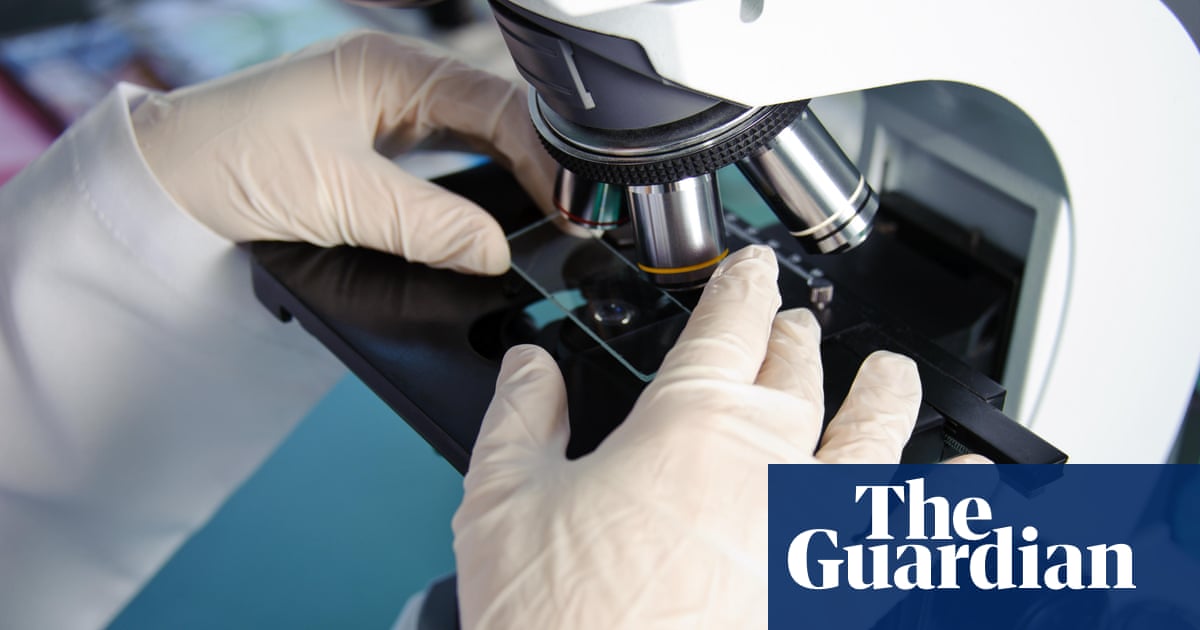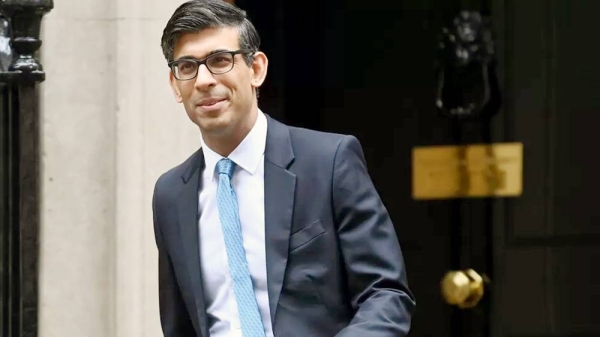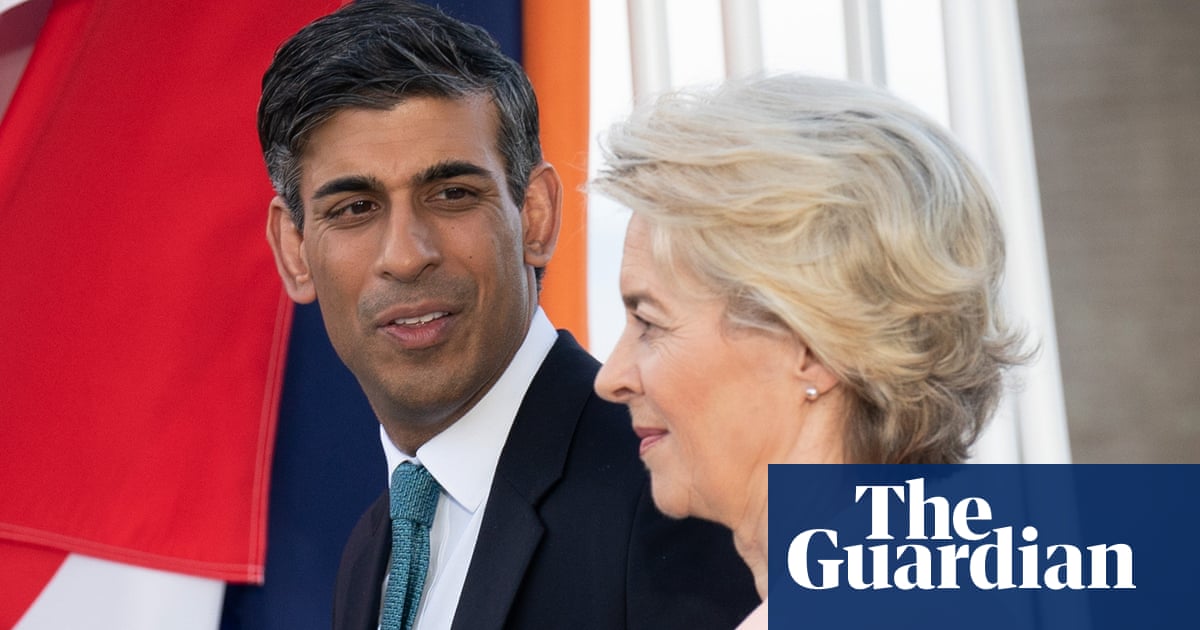
The UK’s return to the EU’s £85bn Horizon science research programme appears to be hanging by a thread after London’s request to quit the associated atomic research organisation, Euratom.
The delays are causing huge anxiety in the scientific community.
Many anticipated a deal to return to the programme to be announced in early July but negotiations are going to the wire with no sign of final agreement yet on Euratom or rebates the UK wants to compensate for its late association with the programme.
According to sources quoted by Research Professional News, a publication for academics, the European Commission has offered the UK the option of either exiting from Euratom or a financial adjustment but not both.
Vivienne Stern, the chief executive of the vice-chancellors’ group Universities UK, told the journal it was “legitimate that the government is seeking a good deal”, but that “nobody’s blood pressure can stand another several months of delay, and more delay would have a real, actual cost”.
Stern, who was a vocal bystander to the original negotiations in 2020, urged the commission to take “a little step towards the UK”.
Diplomats in Brussels have yet to be briefed on the deal, suggesting it is still not signed off despite claims in London last week that it was “close”.
Stern also appeared to confirm the UK’s position that the European Commission had not acknowledged the “material loss” caused to the UK from a two-and-a-half-year absence from the seven-year programme.
Under the EU-UK trade and cooperation agreement, British contributions were to be based on research funds awarded to UK projects from 2019. The UK argued that contributions should be based on success rates in 2023, which would be much lower given the reduced applications to the fund due to the uncertainty over membership.
Before Brexit the UK was one of the top beneficiaries of the Horizon programme and scientists are still eligible to apply for funding, which is underwritten by the UK government.
However, the uncertainty over the UK’s membership and its inability to lead pan-EU research while outside the programme has dealt a blow.
Data from the European Commission shows a huge drop in awards to British science programmes since 2019. In that year, €959.3m (£828.8m) went to the UK in 1,364 grants, compared with €22.18m in 192 grants in 2023 to date.
“There is a lot of water under this bridge and we just need pragmatism and an acknowledgment that there has been a material loss to the UK through the a deal,” Stern told Research Professional adding there was “a real risk that everyone stands on principle”.
Expectations that talks between Rishi Sunak and the European Commission president, Ursula von der Leyen, on the sidelines of the recent Nato summit in Vilnius would seal the deal have been followed by radio silence.
One source insisted that the European Commission would not be reopening the terms of the original deal post-Brexit. “That is [the vice-president of the European Commission for inter-institutional relations] Maroš Šefčovič’s job – to be inflexible,” the diplomat said.
The UK had been a full member of Horizon Europe and would have remained in the programme through an “associate” deal open to non-EU countries as part of the trade deal clinched in December 2020.
But the EU delayed the ratification of the UK’s associate membership and eventually admitted it was being withheld in retaliation over the row over Brexit trading arrangements in Northern Ireland.
After a resolution to that row was brokered with a new Windsor framework, Von der Leyen promised re-entry to the programme would be swift.
A UK government source said there was “no update” and negotiations continued. But they added that the alternative Pioneer programme being proposed by Sunak was a “pretty strong” alternative.
A spokesperson for the UK Foreign Office said: “Talks are ongoing and no deal has been agreed or finalised.
The EU has been approached for comment.












